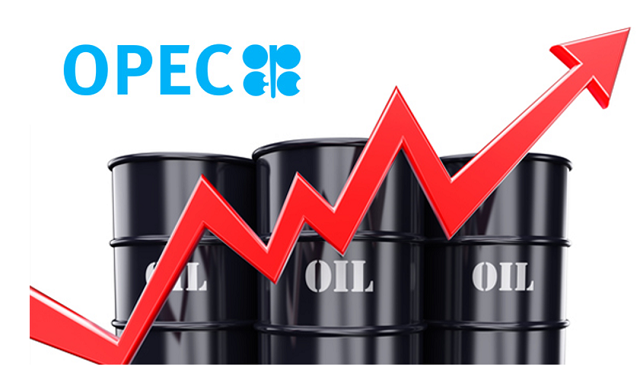The Organization of Petroleum Exporting Countries; OPEC is an intergovernmental organization of 13 oil exporting countries from around the world. The aim of the organization is to coordinate and consolidate the energy policies of its Member Countries and guarantee the stabilization of oil markets. This way, OPEC will be able to protect the efficient supply of oil to consumers, a regular income to producers and an adequate return on capital for the oil industry investors.

In 1970’s OPEC’s Member Countries took control of their domestic oil industries and started having a crucial say in the pricing of crude oil on world markets. In the 1990’s volatility and general price weakness influenced the decade and in 2004, the OPEC oil price band mechanism bolstered and stabilized the crude prices. Furthermore, prior to speculations and oversupply pushing the prices to fall, the oil prices were stable in 2011 and mid-2014.
The 56-year-old organization owns 2/3 of the discovered oil reserves and is dominated by Saudi Arabia, the world’s largest oil producer.. Russia and the United States is not a part of the OPEC organization but they are considered as one of the most important oil producers in the world. In addition, Kazakhstan is another country which is not a part of OPEC but is a strong crude oil producer.
Below, you can find the OPEC Members and their oil production amount in barrels (daily):
• Saudi Arabia: 9.537 Million
• Iran: 3.575 Million
• Kuwait: 2.925 Million
• United Arab Emirates: 2.797 Million
• Venezuela: 2.789 Million
• Nigeria: 1.754 Million
• Angola: 1.701 Million
• Algeria: 1.203 Million
• Libya: 993 Thousand
• Qatar: 724 Thousand
• Equator: 526 Thousand
Approximate cost of oil production in non-OPEC countries in barrels (daily):
• United States: $25
• Norway: $17
• Canada: $16
• Kazakhstan: $6
• Iran: $5
• Saudi Arabia: $4
In 2016, in order to curb the global oil glut and reduce the stockpiles, it was agreed to drop the daily oil production by OPEC members from 33.7 Million to 32.5 Million. In other words, a reduction of 1.2 Million barrels per day. This agreement started in January 2017 and in May 2017, the decision will be re-analyzed and discussed. As a consequence, here are the effects of the decision:
– Brent oil and Crude Oil prices have increased.
– The stock price of energy and oil producing companies in the USA and Europe have increased.
– The cost of oil to exporting countries has increased, which can also impact the interest rates and cause an upsurge.
In conclusion, we can say that OPEC does have significant influence on the price of oil in the short-term but over the long haul, OPEC’s ability to have an impact on the price of oil is limited, mainly because individual countries have different incentives than OPEC combined.


















